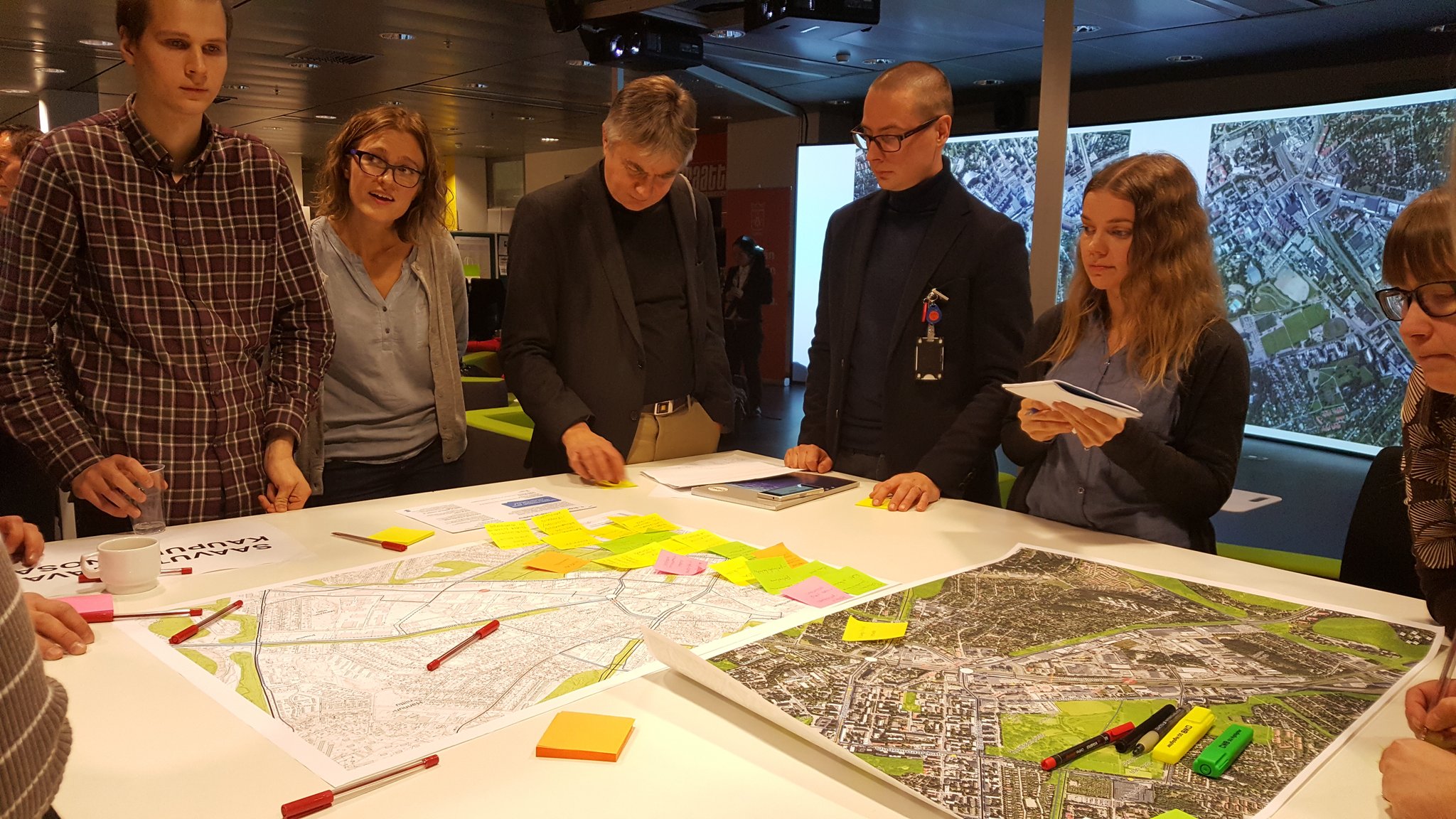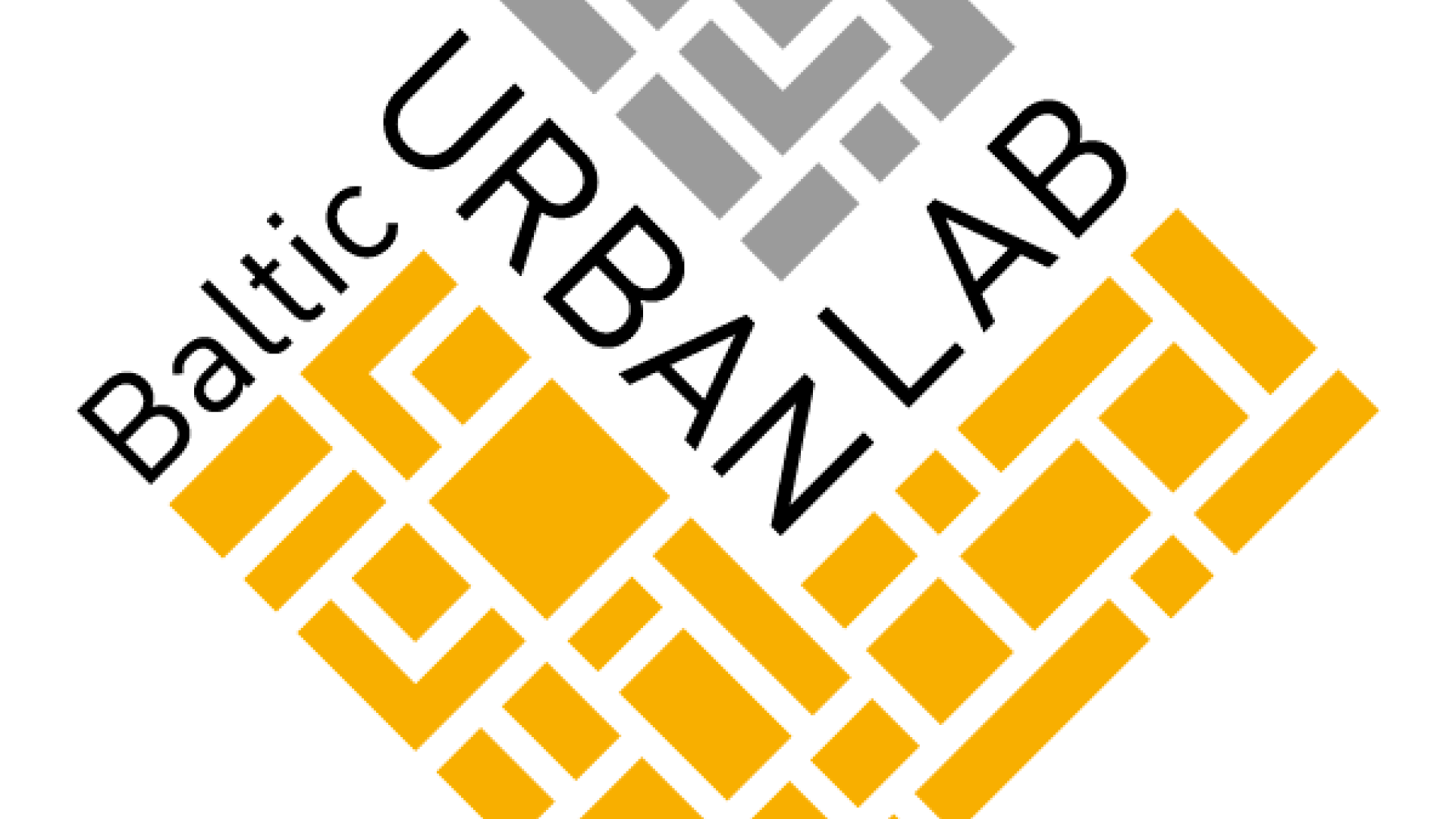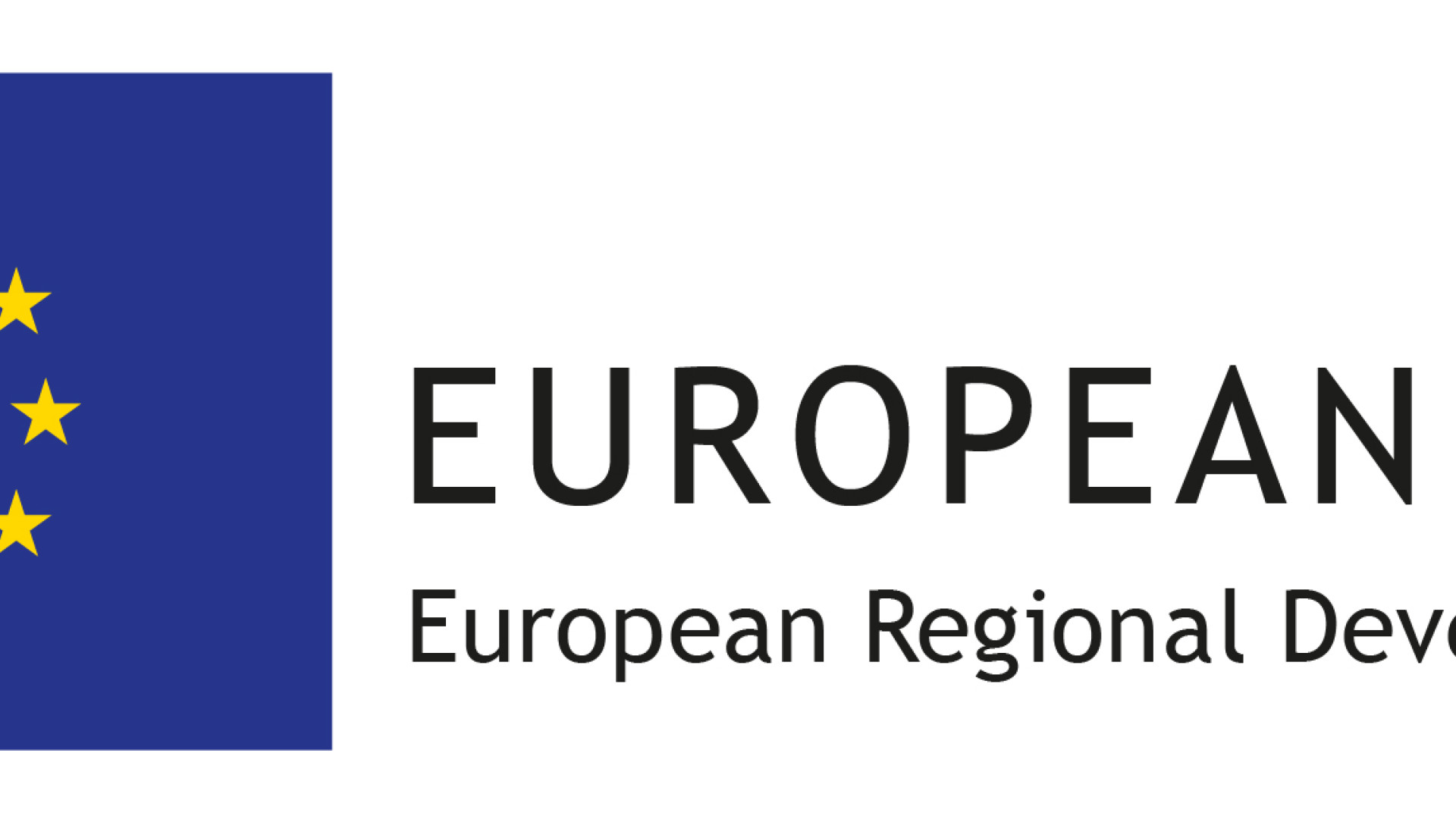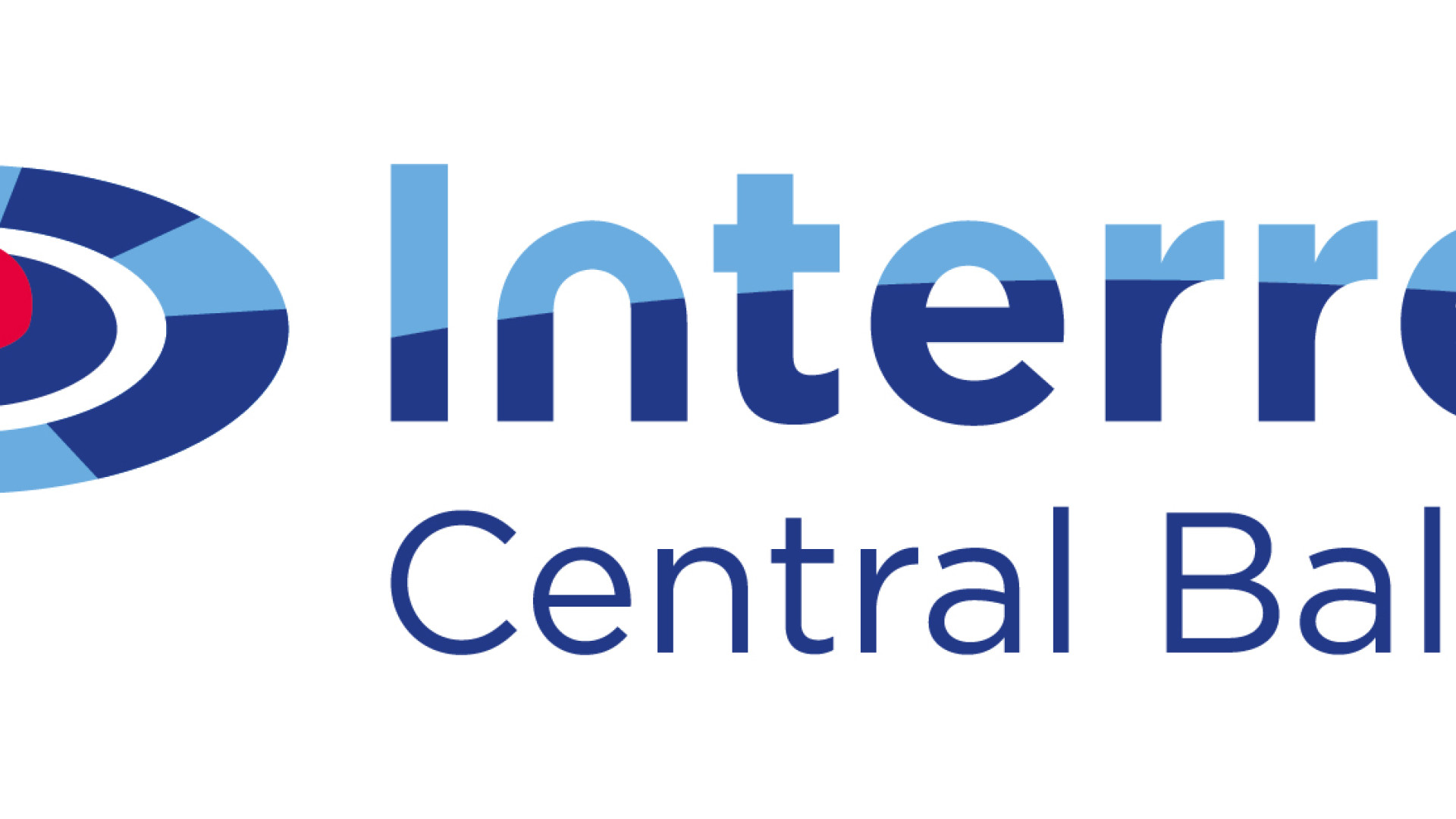Public–Private–People partnership (4P) is a new concept in urban planning, establishing innovative ways to improve the inclusion of various public sector actors, private actors, residents, NGOs and other civil-society actors in planning processes. The approach is a part of a wider transformation in the way that our cities are planned and governed whereby the importance of actors outside the public planning authorities is increasing in planning.
The inclusion of variety of actors is seen by the cities as increasingly important for reaching their planning goals efficiently – both from the viewpoint of pooling resources and managing the risks as well as ensuring openness and public input. When the traditional approach has been Private-Public Partnership of the private developers and the public planning organizations with the lack of involvement of the general public and transparency, the new 4P approach strives to include all relevant stakeholders from the beginning of the planning processes.
Despite the benefits, it is not very common yet for cities in the Central Baltic region to work in a very co-ordinated way with approaches following the 4P principles. When implementing 4P approaches, no one-size-fits-all solution exists, but there are some common issues that should be considered when planning 4P approaches:
- Identification and understanding of the different roles and influence levels of actors involved in urban planning processes.
- Involvement of actors usually takes place through partnerships and participation – but often they have different possibilities for influencing the planning requiring the public planning authority to be aware of this to properly involve both private sector (developers) and the general public.
- Conflicting visions and goals become more visible and addressable.
The involvement of stakeholders also requires new skills and expertise from the city planning officials when instead of preparing plans they should act as facilitators between different actors in the society - this change is facilitated by the Baltic Urban Lab project that has set its aim on testing and developing 4P approaches for brownfield regeneration in four pilot cities: Riga (Latvia), Norrköping (Sweden), Turku (Finland) and Tallinn (Estonia).
"With new ways of doing things we have strengthened common will and direction of development"
The city of Turku, one of the Pilot cities, is implementing a new way of planning with the development of Kupittaa-Itäharju – the Campus and Science Park area. Turku invites the stakeholders to participate in the development process already before the actual detailed planning has even started to ensure that the plans will leave space for innovativeness and piloting of new solutions.
Janne Mustonen from Turku City Development Group, explains the benefits: “Turku recognizes the 4P models as more and more as significant and important part of the city planning processes. New ways of working and planning practices help to combine different urban development aspects into common urban planning process. The common advantages for citizens and partners are diversely developing city environment and city districts that act as platforms for development and testing of new solutions."
The introduction of 4P models into Turku city planning practices has increased the interaction and involvement of different actors from the very first stages of planning processes. An example of concrete practice are the Turku Future Forum events where Turku has invited stakeholders to jointly create common visions for development. "With new ways of doing things we have strengthened common will and direction of development", emphasizes Janne Mustonen. Turku believes that building the common will and strong inclusion we create preconditions for smoother processes and decision-making.
Baltic Urban Lab is funded by the INTERREG Central Baltic Programme 2014-2020.
Find more information www.balticurbanlab.eu and participate in the forthcoming webinar "Power and Conflict in Planning - practical approaches to wicked problems" on 17 January 2017 and 1st Baltic Urban Lab Workshop taking place on 2nd of March 2017 in Tallinn. Read and download the Working Paper presenting the theoretical background of the 4P approach here.



